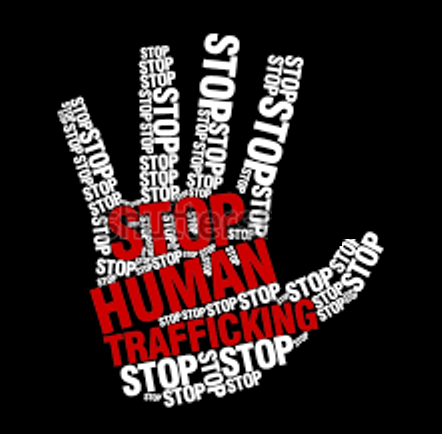Modern slavery and human trafficking are grave violations of human rights that persist in our world today. This online course is designed to provide a comprehensive understanding of the complex issues surrounding modern slavery and human trafficking, equip participants with the knowledge and tools to combat these crimes, and empower them to become advocates for change.
Course Objectives:
1. To define and identify modern slavery and human trafficking.
2. To explore the global scope and prevalence of these issues.
3. To analyze the root causes and contributing factors.
4. To examine the legal framework and international conventions.
5. To assess the role of governments, NGOs, and businesses in combatting modern slavery.
6. To learn about victim identification, support, and rehabilitation.
7. To discover strategies for prevention and intervention.
8. To discuss ethical consumerism and supply chain transparency.
9. To engage in case studies and real-life examples.
10. To empower participants to take action and advocate for change.
Course Structure:
Module 1 : Introduction to Modern Slavery and Human Trafficking
– Understanding the terms and definitions
– Historical context and contemporary manifestations
– Case studies
Module 2: The Global Scale of the Problem
– Prevalence and statistics
– Hotspots and regions of concern
– Cultural and economic factors
Module 3: Root Causes and Contributing Factors
– Poverty and economic disparities
– Vulnerable populations
– Gender-based violence
Module 4: Legal Framework and International Conventions
– United Nations protocols and conventions
– National and regional legislation
– Enforcement and compliance
Module 5: Stakeholders and Their Roles
– Government agencies
– Non-governmental organizations (NGOs)
– Businesses and supply chains
Module 6: Victim Identification and Support
– Signs of trafficking and exploitation
– Rehabilitation and reintegration
– Survivor stories
Module 7: Prevention and Intervention Strategies
– Awareness campaigns
– Education and training
– Community-based approaches
Module 8: Advocating for Change
– Ethical consumerism
– Lobbying and policy advocacy
– Grassroots movements
Roles including:
Teachers
Teaching Assistants
Healthcare Professionals
Nurses
Care workers
Social Workers

